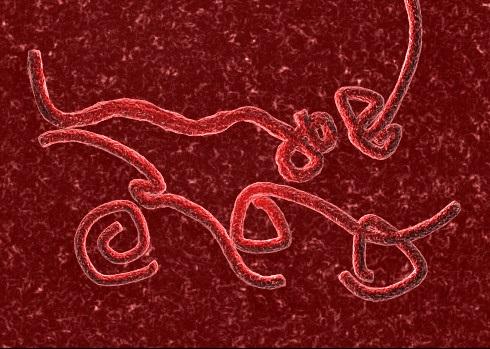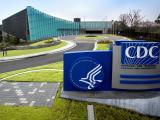The Ebola Vaccine Team B of experts assembled by the Wellcome Trust and CIDRAP, which published its first set of recommendations in February, continues to push for optimal vaccine decisions after one vaccine worked very well in clinical trials this summer, members of the team said in a commentary yesterday in The Lancet Infectious Diseases.
The "Team B" approach could also serve as a model for other public health emergencies, the authors wrote. They include CIDRAP Director Michael Osterholm, PhD, MPH, Wellcome Trust Director Jeremy Farrar, MD, and CIDRAP Medical Director Kristine Moore, MD, MPH, writing on behalf of the entire 28-member team.
The University of Minnesota's Center for Infectious Disease Research and Policy (CIDRAP) publishes CIDRAP News.
Next Ebola vaccine steps
Ebola Vaccine Team B members—who have worked on a range of vaccination efforts such as polio eradication, meningococcal A vaccination in Africa, and malaria and HIV/AIDS vaccine research—said that public health officials must not rest after the VSV-EBOV vaccine showed high efficacy in a ring-vaccination trial in Guinea in July.
Further data are needed, the group said, on whether the vaccine, which was developed in Canada and licensed by NewLink Genetics and Merck, is effective in other settings. It also requires storage at –80°C, which presents logistical challenges.
The group has always contended that research on other vaccines must continue even if one shows promise earlier than others. Team B experts say other vaccines might work better in different settings or offer other advantages. Having multiple options would provide the best armamentarium against Ebola, they say.
The Wellcome Trust–CIDRAP Team B developed a target product profile for Ebola vaccines in its February report that specifies optimal and minimal characteristics of Ebola vaccines for a variety factors, which is being studied by the World Health Organization (WHO) for its own target product profile for Ebola vaccines.
Team B is also advising the WHO and other lead organizations on issues that currently impede vaccine development, especially during outbreaks, such as regulatory review, manufacturing capacity, stockpiling abilities, and funding strategies.
The commentary emphasizes several ongoing issues:
- Addressing the limitations of approving just one vaccine and the need to keep multiple pharmaceutical companies engaged
- Developing vaccines that can be used between epidemics or in endemic situations
- Ensuring continued funding for developing other vaccine candidates
- Providing solid information to African nations about future use and availability of vaccines
- Maximizing benefit from the range of clinical trials under way or starting soon
Lessons learned
Team B members said they learned the following lessons from their efforts, which began less than a year ago:
- The current market-driven approach for vaccine development does not protect poor populations well from serious emerging infectious diseases, and creative funding strategies are needed
- The West Africa Ebola epidemic illustrates the need for better international coordination and transparency, particularly regarding approval processes for conducting clinical trials in developing countries and addressing international regulatory issues
- The epidemic highlights the need to further strengthen disease surveillance
They write that the Team B approach can be used in other public health emergencies to augment efforts of the WHO and other agencies. They note that having international experts with a wide range of experience from the private and public sectors and from academia—including experts from Africa—allowed the group to cover all areas of Ebola vaccine development and deployment, a strategy that can be used in future outbreaks.
The authors also note that a Team B can be organized quickly and retain its autonomy, which help in producing rapid results. And they say such an expert panel can be more nimble than government bodies and global organizations.
See also:
Oct 29 Lancet Infect Dis commentary
Feb 17 CIDRAP News story on Team B report
Feb 17 Team B report




















